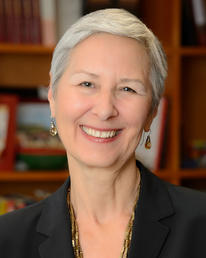Since the COVID-19 pandemic began, Argentina, Belize, Ecuador, Lebanon, Suriname, Zambia, and Sri Lanka have all declared bankruptcy: defaulting on their sovereign bonds, and actively seeking debt restructuring. Others are sure to follow. What is China’s role in the rise of debt? How are Chinese creditors navigating what may become a systemic global debt crisis?
During the last debt crisis, the U.S. led an effort to reduce and then cancel much of the debt of the poorest countries. This time around, China is the largest bilateral creditor, but bondholders, many of them U.S. residents, hold vastly more debt than do Chinese banks.
There is no global forum for debt restructuring, no international bankruptcy court, and the Paris Club, an informal institution set up to shape official bilateral debt restructuring, may no longer be fit for purpose. Solving the challenge of developing country debt requires the two largest economies to work together in the G20, the IMF, and the World Bank. Ultimately, it may require a new financial architecture.
About the Speaker

Dr. Deborah Brautigam is director of the China Africa Research Initiative (CARI) and the Bernard L. Schwartz Professor of International Political Economy Emerita at Johns Hopkins University’s School of Advanced International Studies (SAIS). Before joining SAIS in 2012, she taught at Columbia University and American University. A Sinologist with extensive field experience in Africa, Dr. Brautigam’s teaching and research have focused on development strategies, governance, and the political economy of foreign aid and debt.
She is the author of The Dragon's Gift: The Real Story of China in Africa (OUP, 2009; 2011) and co-editor of Taxation and State-Building: Capacity and Consent (Cambridge, 2008. Her most recent book is Will Africa Feed China? (OUP, 2015).
A firm believer that academics can — and should — bridge the gap between research and the policy world, Dr. Brautigam has been a visiting scholar at the World Bank, a senior research fellow at the International Food Policy Research Institute (IFPRI), and advised more than a dozen governments on China-Africa relations. Her Ph.D. is from the Fletcher School of Law and Diplomacy, Tufts University.
